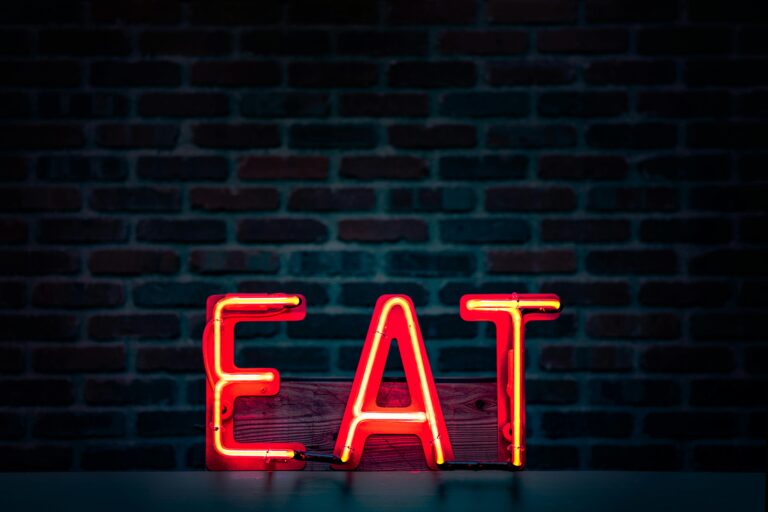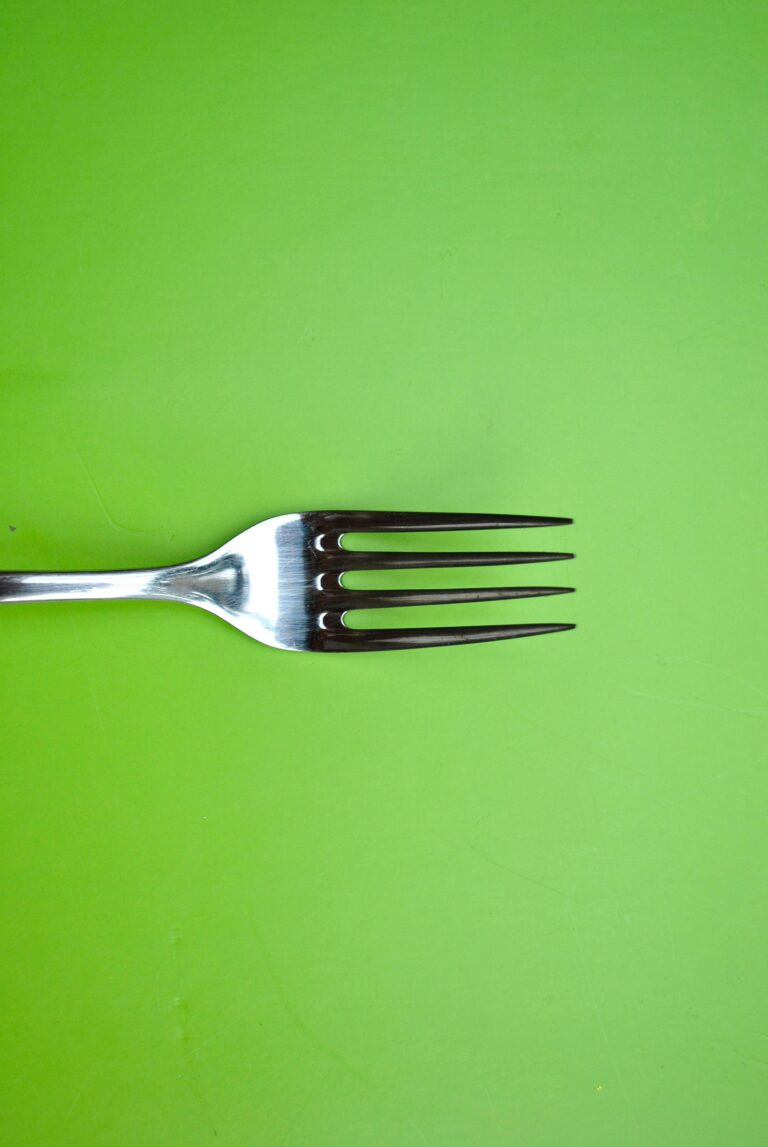Have you ever found yourself at the bottom of a bag of chips and wondered how you got there?
Maybe you’ve had a moment of embarrassing self-awareness while devouring a container of ice cream.
Such moments of clarity are important as they force us to ask the important question of why?
Why do we compulsively eat? Is it our genetics? Is it environmental triggers? The stress of life?
Some point to addictive food additives. Others insist the pressure of modern living is the true cause of compulsive eating.
Exploring the Psychology of Compulsive Eating
The motivation for mindlessly eating snacks, sweets and “fourth meals” differs from person to person.
Emotions are one of the primary reasons for eating beyond what is necessary for corporeal and mental functionality. As is often said, people tend to eat their feelings.
Those who are depressed, angry, sad and grieving often eat in excess to feel better.
Others eat beyond what is necessary as it takes 20 minutes for the stomach to send signals to the brain that it is full. Such communication is often referred to as the gut-brain connection.
Most people become so engrossed with eating that they are unwilling to wait a full 20 minutes after they’ve consumed a significant amount of food before considering even more sustenance.
Instead of piling on more food after you’ve consumed what’s on your plate, take a 20 minute pause.
Give your stomach at least this amount of time to transmit the “full” signal to your brain and you just might decide you’ve had your fill. This is the value of the gut-brain connection.
When in doubt, err on the side of undereating. Remember, you can always enjoy a snack after your scheduled meal.
What matters most is that you give your stomach 20 to 30 minutes to have an attempt to feel full. Give your body that window of opportunity and you’ll find you eat less compulsively.
Acknowledge Your Emotions
Emotional eating often occurs when feelings are ignored or repressed. Instead of using food as a means of coping with your emotions, it is better to proactively address those feelings.
Make an attempt to manage your most challenging emotions with direct confrontation for invaluable closure. It is this closure that ensures you can transition beyond those difficult emotions instead of carrying them around as a form of baggage.
Direct confrontation also helps prevent emotional eating. Progression beyond challenging yet temporary emotional states is an important mental hurdle.
Overcome this obstacle and you will no longer “eat your emotions” as New Jersey nutritional psychologists often say.
Tolerance for Emotions
Emotion-driven compulsive eating tends to be more common in those who have a low tolerance for negative feelings. Though some mindlessly eat food when happy, such compulsivity is more common when experiencing negative emotions.
If you know or suspect you have a low tolerance for negative emotions, be mindful of those feelings. Hyper-awareness of negative emotion will help you proactively identify the challenge and avoid food consumption of food for solace.
There’s no need to turn to food as a coping mechanism. Instead, turn to a nutritional psychologist in New Jersey.
Consultations with a food psychology expert will help you pinpoint your reasons for overeating and systematically address them.
Your food psychologist will help you develop a better understanding of the following:
- Your emotions
- Your triggers
- How you cope using food as a crutch
A nutritional psychiatrist in New Jersey will also help with medication, healthy food alternatives and ongoing mental health guidance.
Focus on Your Willpower
Take some time to sit idly with your own thoughts the next time you are on the brink of enjoying salty snacks, sweet treats or other unnecessary food. Keep in mind, there’s no need to judge yourself.
Instead, try to understand your personal psychology. Ask yourself the question of why.
Why am I overeating?
You have plenty of willpower. Compulsive eating is symbolic of misdirected willpower.
Zero in on the specific reason(s) why you feel the need to eat and you’ll be one step closer toward eating only what’s necessary.
Be Wary of Restrictive Dieting
If you’ve reached your 30th or 40th birthday, you are well aware of the fact that diets are transitory. Dieting is nothing more than a fad that will inevitably give way to the next nutritional trend and so on.
Restrictive diets are particularly dangerous. Adopt a restrictive diet and you run the risk of misdirecting your willpower.
Far too many people have overfocused on the arbitrary restrictions of a newfound diet only to later succumb to compulsive eating. Instead of attempting to rigidly adhere to rules of a restrictive diet, focus on the psychological issues that originally steered you to the diet.
All dieters should be aware that most diets divert one’s attention away from underlying psychological problems. In this sense, diets are a mask or veneer of sorts.
In particular, dieters should be aware that most such eating regimens decrease caloric intake. Cutting calories spurs a pushback form the body, increasing hunger and also cravings for foods that are high in calories.
Such cravings might make you think you have inferior willpower. That is not the case in the slightest. Rather, the phenomenon of cravings is your inherent response to caloric deprivation.
The bottom line is your body will crave food when you are hungry. There is no psychological mindset or strategy that prevents such an inherent biological response.
Stress and Overeating
If you find yourself eating more than necessary, reflect on your personal stress.
Stressors from work, home, relationships and more are likely to cause overeating. The phenomenon results from a fluctuation in hormones that trigger cravings.
Those cravings tend to be for foods that are high in calories. Stress causes such a reaction largely because it releases the hormone of cortisol. Cortisol is tied to a spike in appetite including comfort foods laden with calories.
Stress also alters the body’s insulin levels. Insulin is important as it is fundamental to regulating the body’s blood sugar. High cortisol paves a path toward insulin resistance in which the cells of the body do not properly respond to insulin.
An ineffective response to insulin hikes cravings for unhealthy food including desserts and those with simple carbohydrates. Make an effort to minimize stress and you’ll find mindful nourishment is that much easier.
Food Accessibility
There’s nothing wrong with grabbing the occasional snack from the kitchen pantry. What matters most is that you put that tasty delight back in the pantry after a brief period of enjoyment.
What is out of sight tends to be out of mind. Put your snacks and other foods in the cupboards, fridge, freezer or other storage space when done eating.
Give yourself at least 20 minutes so your stomach can send the “full” signal to your brain. At that point, if you are still hungry, consider nibbling on a small amount of food.
The worst thing you can do is leave food out in the open. There’s no reason to tempt yourself with the sight of food in a candy tray or fruit bowl.
If you decide to keep some food out in the open, use a dish with a dark hue instead of a translucent one to ensure you can’t see the food.
Pace Yourself
Take your time to thoroughly chew through every piece of food you put into your mouth in the spirit of mindful nourishment. Eat slowly and you’ll savor every single bite.
Such paced eating makes meals into significant events. Rushing through meals or grazing throughout the day will ultimately backfire in their own ways.
Frantic eating doesn’t satiate. Moreover, the grazing approach to sustenance means you’ll be thinking about food throughout the entirety of the day.
There’s no sense distracting yourself with the prospect of eating every waking hour when your focus could be better spent on more important things.
Moreover, grazing has the potential to lead to mindless overeating simply because your mind never fully transitions away from food.
Indulge Every Now and Then
Consider the results of a 2017 chocolate consumption study that revealed the importance of one’s proximity to chocolate. The study analyzed those who enjoy chocolate yet refused to eat it using impulse control.
Such discipline is honorable yet refusing to devour one’s favorite food ultimately leads to an even stronger craving.
The moral of the story is food is to be enjoyed in moderation.
Even Tom Brady, one of the greatest athletes to ever live, abides by the 80/20 approach to food. In short, world class athletes like Brady eat healthy 80% of the time and indulge the remaining 20% of the time.
Treat yourself to the occasional sweet, snack or other tasty delight and you won’t crave it nearly as much. More importantly, the occasional indulgence reduces the likelihood of compulsive eating.
Help is Available
You’ve gone long enough eating like a “normie”. Now is the time to make a change.
Meet with a nutritional psychologist in New Jersey and you’ll enjoy a mindful approach to eating. This strategic and thoughtful approach helps control cravings and minimize compulsive eating.
Your journey to improved health and a slim figure begins with a request for help.
Contact our nutritional psychologist and you’ll be one step closer toward mindful and healthy eating. You can reach us at 908-844-8547.







